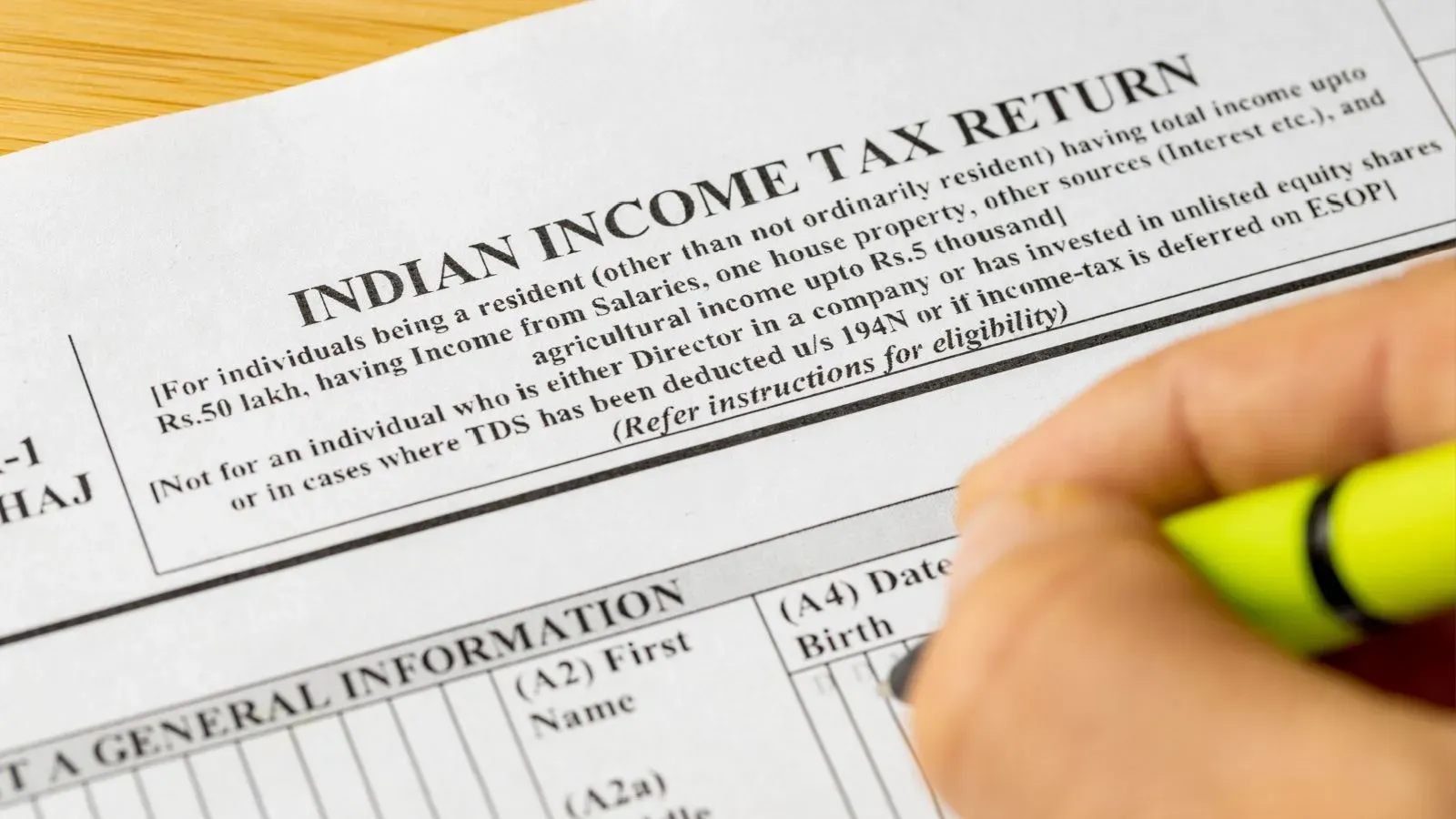Personal Finance News
Income Tax Filing 2025: What taxpayers should do before December 31 and how to prepare for 2026

6 min read | Updated on November 17, 2025, 17:45 IST
SUMMARY
Choosing the correct tax regime is very important if you want to save tax. Many individuals file under the wrong regime, or get stuck with the wrong one after they miss the ITR filing deadline, resulting in larger tax liabilities.

Over 7.3 crore income tax returns (ITRs) were filed this year.
The current calendar year is nearing its end, and taxpayers are preparing to settle all their tax affairs for the financial year 2024-25 (FY25). This FY was a little different from others: the income tax department extended the tax filing deadline for non-audit filers twice.
The IT department initially extended the deadline to September 15, from July 31, to help taxpayers understand many changes introduced in the ITR forms this year. Finally, the Central Board of Direct Taxes (CBDT) provided a one-day extension to September 16, as taxpayers struggled with portal glitches due to high traffic on the last day.
Now is the time to review the actionable steps you need to take before December 31 and to prepare for the upcoming financial year so you can avoid any issues later.
Key things to do before 2025 ends
If you missed filing your ITR for FY25, you must do it before December 31. While you’ll still have to pay a late fee, you can avoid further penalties or notices if you file it before the year ends.
-
For those with an annual income below ₹5 lakh: ₹1,000
-
For those with an annual income above ₹5 lakh: ₹5,000
Revised returns
If you filed your ITR before the deadline, and you think you made a mistake or entered inaccurate information, there’s no harm in verifying. Check your ITR for any mistakes, including omissions, incorrect deductions, a mismatch between ITR and AIS/TIS and wrong capital gains reporting.
In case of any mistake, you can easily revise your return without any penalty before December 31. You can file a revised return even if your refund has been processed, and you can file it before December 31 of the relevant Assessment Year or before the completion of the assessment, whichever is earlier.
It is important to file a revised return because you can receive a notice from the income tax department about the mistakes (if any) even after your ITR is processed. To avoid any penalties or charges, correct your mistakes on time.
Note that you will have to pay interest on the unpaid tax if there is any additional tax liability. The interest would be applicable from the due date until you file the revised return and make the payment.
Check status
If you filed your ITR on time and made no mistakes, you can check your refund status on the IT portal by logging in to your account. You might have also received an intimation from the IT department, so check if anything is pending from your end in the intimation.
An ITR intimation is basically when the IT department tells you if your filed data matches their records or not. It is sent under Section 143(1) and informs you directly if your return is accepted, if you will receive a refund, or if you need to pay any more tax.
Over 7.3 crore income tax returns (ITRs) were filed this year, and many were processed within the first 24 hours with the help of digital advancements. However, many are still waiting for their refunds. If your refund is delayed, here are some reasons why it could take some more time to be processed:
-
Refunds above ₹1 lakh usually require additional verification from the IT department, which can slow down the process, delaying your refund.
-
If you report complex components like foreign income, capital gains, or if you report multiple income sources, manual verification can increase the processing time.
-
If you filed a revised return, your refund could be delayed.
-
If you filed too close to the deadline, your refund could take longer to be processed.
-
If your bank account details were not validated or your ITR was not e-verified, your refund may be stuck. Make sure you complete e-verification within one month of filing your ITR, as after that, your return becomes invalid.
-
Government liquidity issues can also delay your refund. "Government liquidity issues can occasionally contribute to delays in large-scale refund disbursements," said Mumbai-based income tax expert Balwant Jain.
Preparing for next FY
If all your ITR for FY25 is sorted, you can start planning for the next financial year. Early planning can be a great tax-saving tool, and filing ITR too close to the deadline can cause delays in processing, so start preparing for FY 2025-26 already.
Compare both regimes, what deductions you can claim, tax slabs under both regimes, and see which one is more suitable for you.
Moreover, Budget 2026 might also bring some tax-related announcements, which can change your decision later. That’s totally fine, as you can file under any regime before the deadline (July 31, in most cases).
Keep a check on budget announcements: The Union Budget 2025 announcement can bring many changes to:
- Tax slabs
- Capital gains structure
- Deductions and exemptions
Track the budget for important announcements regarding the new tax regime as well.
Planning early can help you file your return correctly and on time, saving you any trouble after the deadline passes. First, sort everything tax-related for FY25, and start preparing for FY26 to be financially responsible.
Filing your ITR can be much more convenient for you if you treat it as an ongoing exercise, rather than dealing with everything once a year and exposing yourself to unpleasant surprises.
Related News
By signing up you agree to Upstox’s Terms & Conditions
About The Author
Next Story



